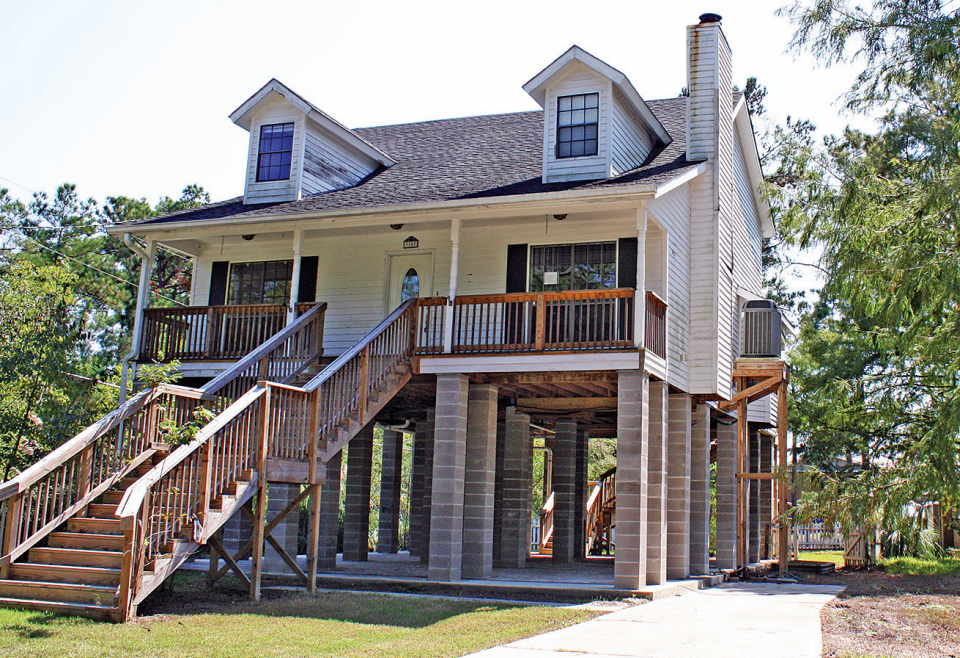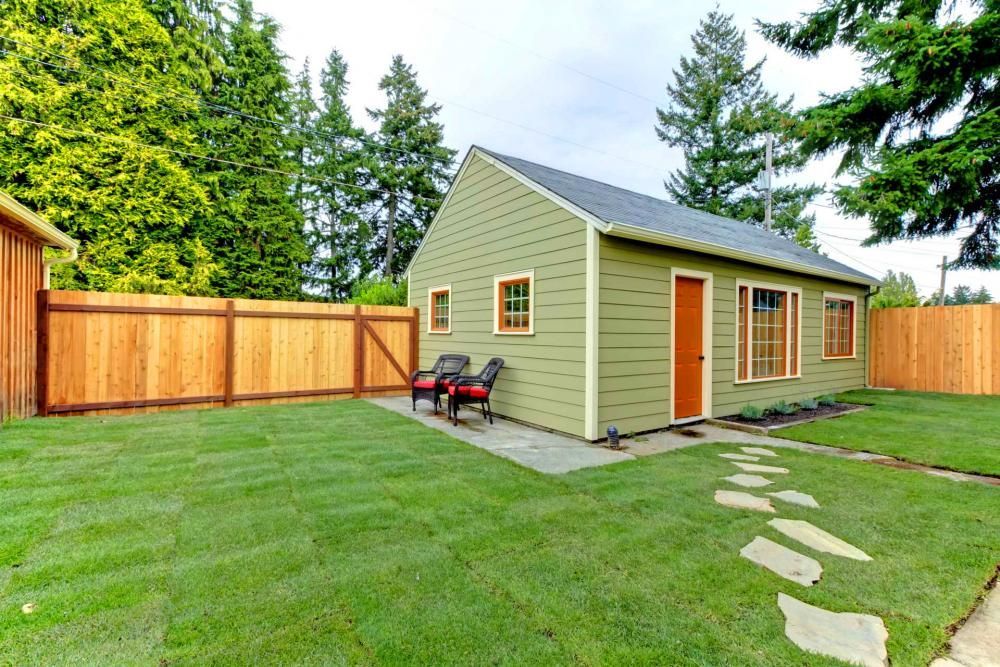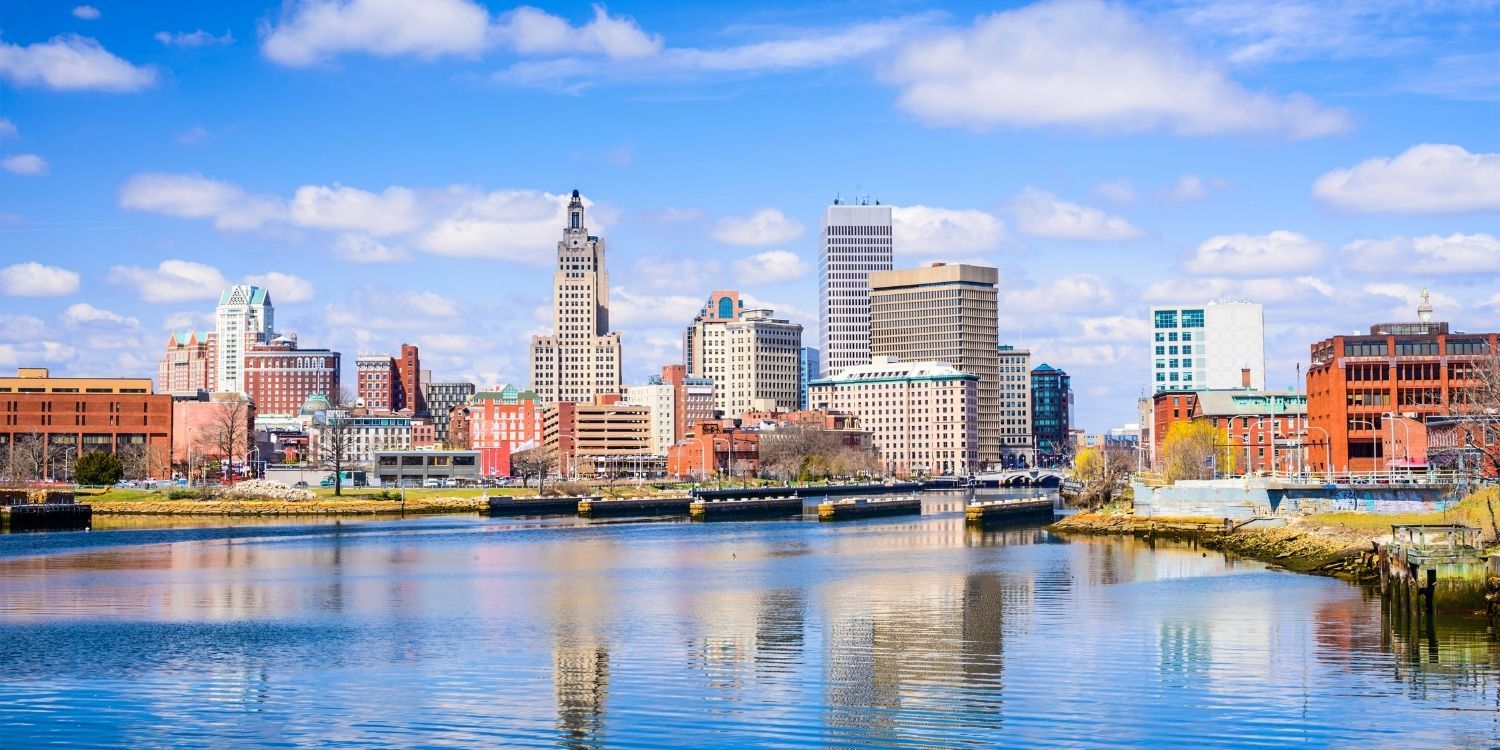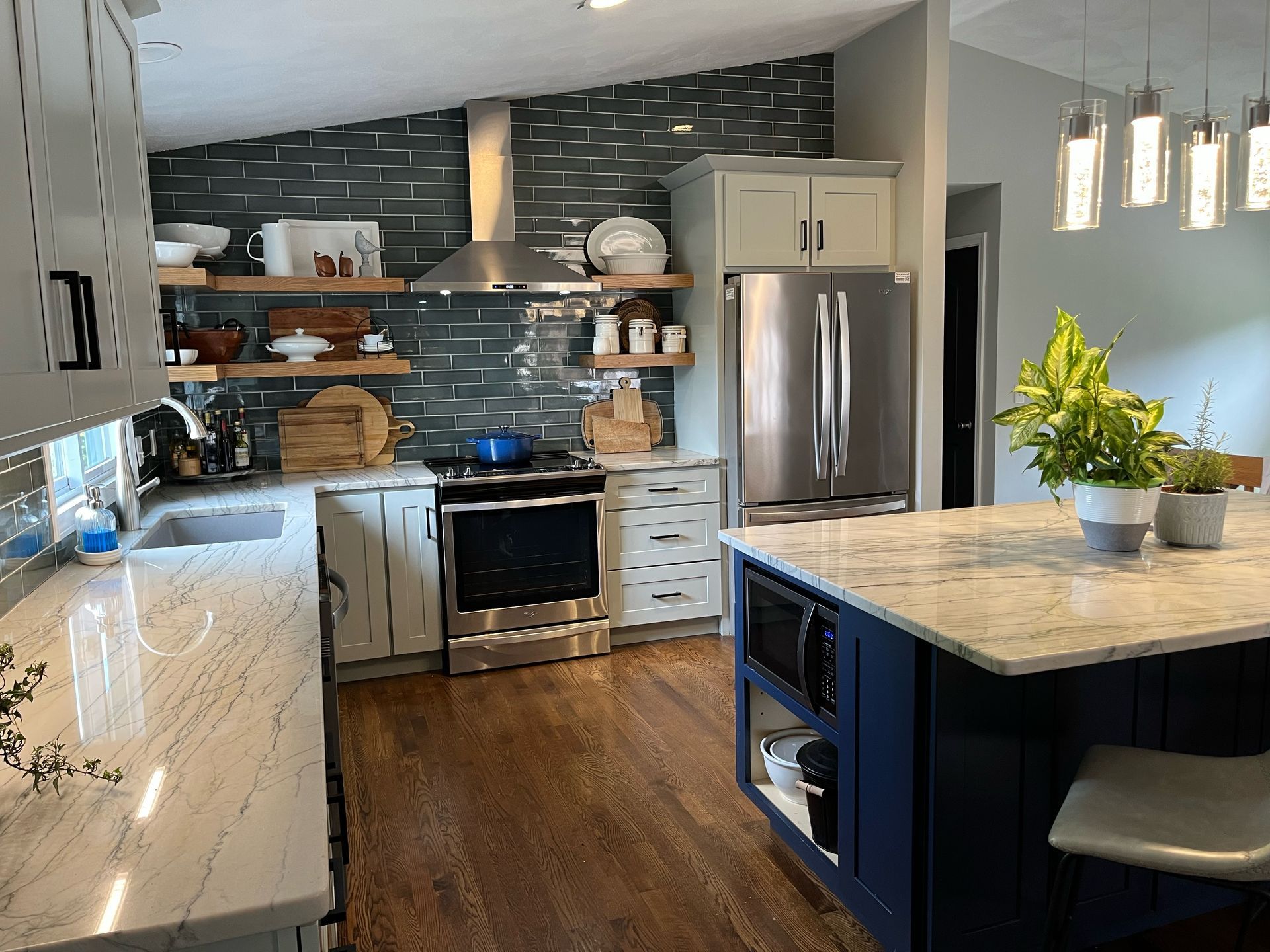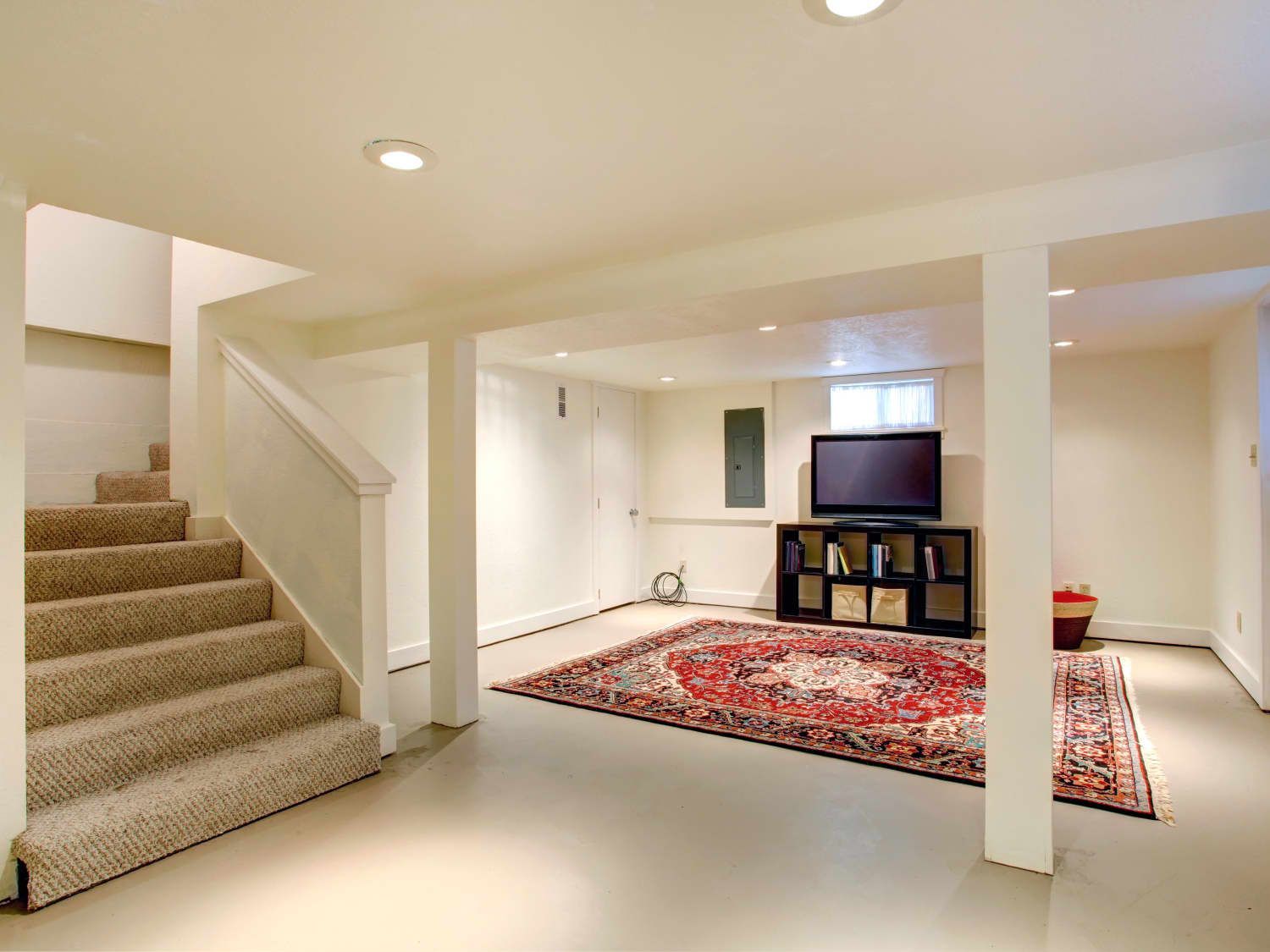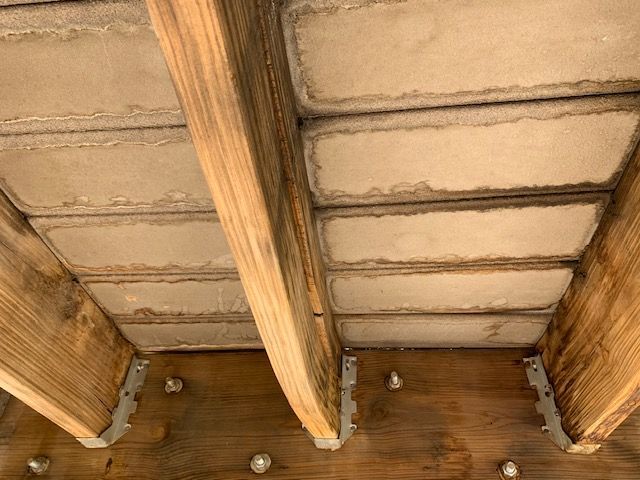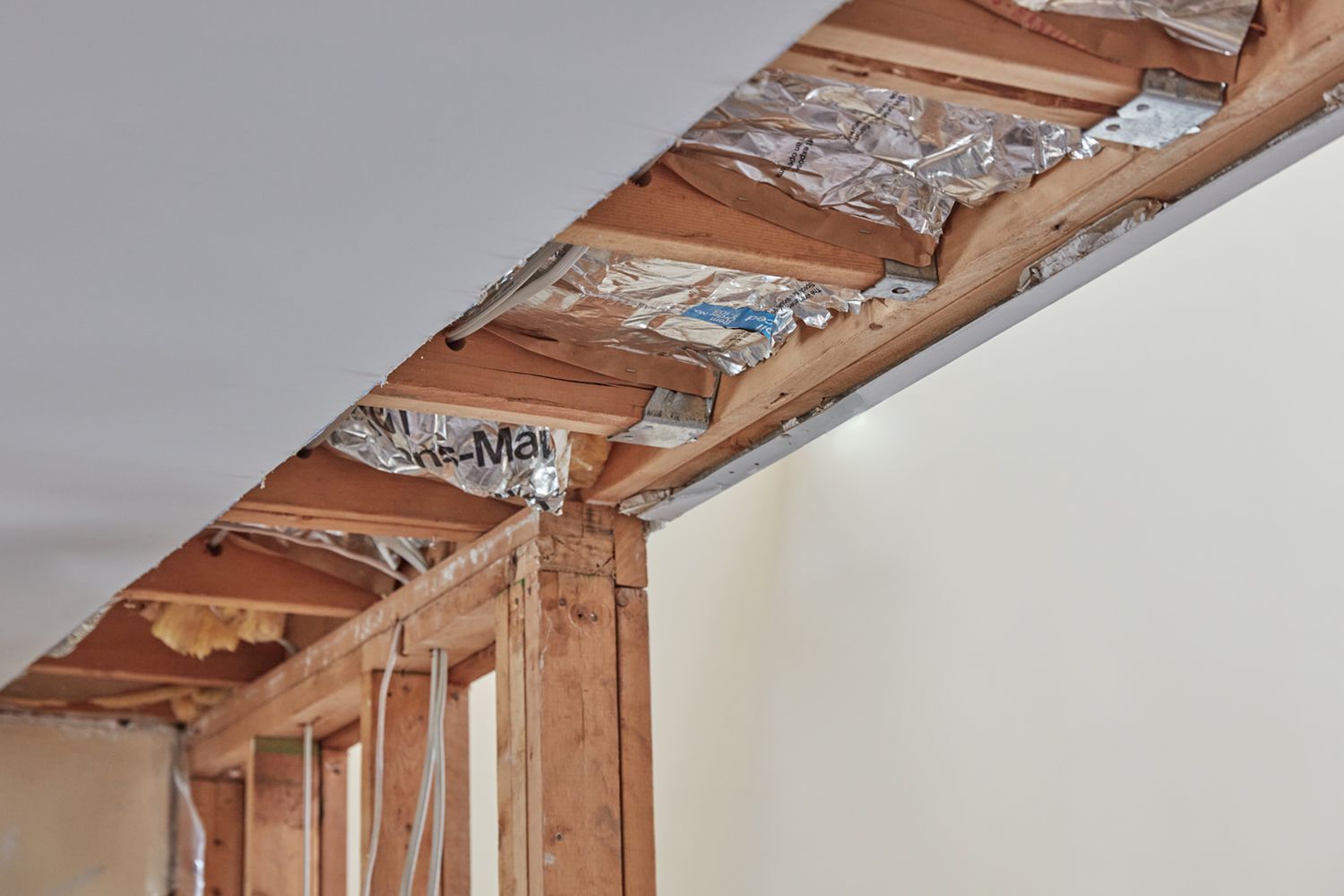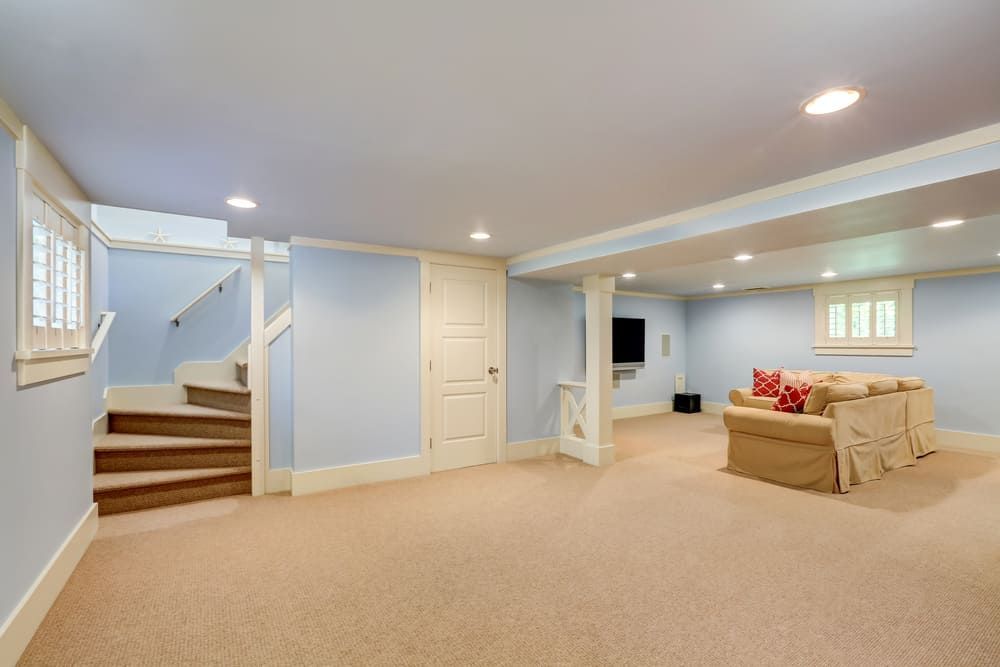Christmas Light Installation Safety in Rhode Island
Christmas light installation safety in Rhode Island requires specialized precautions for coastal weather, icy conditions, and electrical hazards unique to the Ocean State. Following proper safety protocols prevents 95% of installation accidents while protecting against electrocution, falls, and fire hazards that increase during Rhode Island's harsh winter conditions with nor'easters, ice storms, and salt air corrosion.
Essential Christmas Light Safety Rules for Rhode Island Homeowners
Christmas light installation safety in Rhode Island involves understanding and preparing for hazards that don't exist in warmer, drier climates. The Ocean State's combination of coastal moisture, freezing temperatures, high winds, and salt air creates dangerous conditions that require specialized safety knowledge and equipment.
Primary Safety Hazards in Rhode Island
- Electrocution risk from moisture and salt air affecting electrical connections
- Fall hazards from icy roofs and ladders in sub-freezing temperatures
- Fire dangers from overloaded circuits in older Rhode Island homes
- Wind-related accidents during nor'easters with gusts exceeding 70 mph
- Structural collapse from ice-loaded installations on older buildings
Electrical Safety for Rhode Island Christmas Light Installation
GFCI Protection Requirements
All outdoor Christmas lighting in Rhode Island must use Ground Fault Circuit Interrupter (GFCI) protection to prevent electrocution from moisture exposure. Rhode Island's coastal humidity and frequent winter precipitation make GFCI outlets essential for any outdoor electrical connection.
Test all GFCI outlets monthly during the holiday season by pressing test and reset buttons. Replace any GFCI outlets that don't trip properly, as salt air corrosion can damage these critical safety devices over time.
Proper Extension Cord Safety
Use only outdoor-rated extension cords designed for Rhode Island's harsh winter conditions. Indoor extension cords lack weatherproofing and proper insulation, creating fire and electrocution hazards when exposed to snow, ice, and salt spray.
Never exceed extension cord amperage ratings, particularly important for large displays common on Rhode Island's spacious coastal properties. Overloaded cords heat up and can ignite, especially when buried under snow or covered with ice.
Circuit Load Management
Rhode Island's older homes often have limited electrical capacity that can't safely handle large holiday lighting displays. Calculate total wattage before installation and distribute loads across multiple circuits to prevent dangerous overheating.
Signs of electrical overload include dimming lights when displays activate, warm outlet covers, burning smells, or frequently tripping circuit breakers. These conditions require immediate attention from qualified electricians.
Fall Prevention and Ladder Safety in Rhode Island Winter
Rhode Island Roof and Ladder Hazards
Rhode Island's winter conditions create extreme fall hazards including icy roofs, frozen gutters, and unstable ladder placement on uneven, frozen ground. Most Christmas lighting accidents occur from falls, making proper ladder safety critical.
Never attempt roof access during or immediately after ice storms, nor'easters, or when temperatures are below 20°F. Ice makes surfaces extremely slippery while cold temperatures reduce grip strength and reaction time.
Proper Ladder Selection and Setup
Use only heavy-duty ladders rated for your weight plus equipment load. Extension ladders should extend at least 3 feet above roof lines and be secured at both top and bottom to prevent movement.
Place ladder feet on solid, level ground cleared of ice and snow. Use ladder stabilizers or have someone hold the base during climbing. Never lean ladders against gutters, power lines, or decorative elements that might not support the load.
Fall Protection Equipment
For installations above 10 feet or on steep roofs common in Rhode Island, use proper fall protection equipment including safety harnesses tied off to secure anchor points. Many Rhode Island contractors require fall protection for any work above 6 feet due to increased winter hazards.
Professional installers use specialized roofing equipment including roof jacks, safety ropes, and non-slip boots designed for icy conditions. Homeowners attempting similar installations without proper equipment face significant injury risks.
Weather-Specific Safety Considerations for Rhode Island
Nor'easter Preparation and Response
Rhode Island experiences 2-4 nor'easters annually with sustained winds exceeding 40 mph and gusts over 70 mph. Never attempt Christmas light installation during nor'easter warnings or when winds exceed 25 mph.
Before predicted storms, secure all loose lighting elements and consider temporary removal of vulnerable sections. Post-storm inspections should check for damage before re-energizing any circuits that may have been compromised.
Ice Storm Safety Protocols
Ice storms add substantial weight to Christmas displays while making all surfaces extremely hazardous. Ice accumulation of just 1/4 inch can add hundreds of pounds to large installations, potentially damaging roofs and mounting points.
Never attempt to remove ice from lighting installations, as this can cause sudden load shifts and falls. Allow ice to melt naturally and inspect all mounting points for damage after thaw cycles.
Salt Air Electrical Hazards
Rhode Island's coastal salt air accelerates corrosion of electrical connections, creating fire and shock hazards that develop gradually over time. Inspect all connections monthly and replace any showing signs of corrosion.
Use marine-grade electrical components within 10 miles of the coast, including corrosion-resistant outlets, weatherproof junction boxes, and sealed wire connections designed for harsh marine environments.
Fire Prevention and Electrical Safety in Rhode Island Homes
Older Home Electrical Considerations
Many Rhode Island homes were built before modern electrical codes and lack adequate capacity for large Christmas displays. Homes built before 1960 may have outdated wiring that poses fire risks when overloaded.
Signs of inadequate electrical systems include frequently blown fuses, warm outlet covers, flickering lights, or burning odors. These conditions require professional electrical assessment before installing Christmas lighting.
Heat Generation and Fire Risks
LED lights generate minimal heat compared to incandescent bulbs, making them safer for Rhode Island installations where displays may be buried under snow or surrounded by dried vegetation. Incandescent lights can ignite accumulated leaves, pine needles, or other combustible materials.
Never cover lights with flammable decorations and maintain clearance from dried vegetation, wood siding, and other combustible materials. This is particularly important for historic Rhode Island homes with wood shingle siding common in coastal areas.
Proper Equipment Storage
Store all electrical equipment in dry locations protected from Rhode Island's humid conditions. Moisture in stored equipment can cause dangerous electrical faults when equipment is re-energized the following season.
Clean and dry all equipment before storage, and inspect for damage that might have occurred during the previous season. Replace any damaged items rather than attempting repairs that might compromise safety.
Professional vs DIY Safety Considerations in Rhode Island
When to Hire Professionals
Hire professional installers for any work involving:
- Installations above 15 feet or on steep roofs
- Electrical work requiring permits or new circuits
- Large displays exceeding 10,000 lights
- Historic properties requiring specialized techniques
- Coastal properties with extreme salt air exposure
Professional Safety Equipment and Training
Professional Christmas light installers carry comprehensive insurance and use specialized safety equipment including fall protection harnesses, professional-grade ladders, and electrical testing equipment not available to homeowners.
Licensed contractors understand Rhode Island electrical codes and safety requirements, ensuring installations meet current standards while protecting property owners from liability in case of accidents.
Insurance and Liability Protection
Homeowners attempting their own installations assume full liability for accidents and property damage. Professional installers carry comprehensive general liability and workers' compensation insurance protecting property owners from financial exposure.
Check contractor licenses and insurance coverage before hiring, particularly important for expensive coastal properties where installation accidents could result in significant damage claims.
Rhode Island Municipality Safety Requirements
Providence Area Safety Regulations
Providence and surrounding communities have specific requirements for outdoor electrical installations including permit requirements for new circuits and GFCI protection mandates for all outdoor outlets.
Some Providence neighborhoods have additional safety requirements including fire department notification for large displays and restrictions on extension cord usage in dense urban areas.
Newport Safety Considerations
Newport's historic properties require specialized safety approaches that protect both installers and irreplaceable architectural features. Historic district guidelines may restrict installation methods to protect building integrity.
Coastal exposure in Newport creates additional safety challenges requiring marine-grade equipment and enhanced corrosion protection for all electrical components.
South County Coastal Safety Requirements
Coastal communities from Westerly to Narragansett have enhanced safety requirements due to severe weather exposure and environmental sensitivity. Some areas restrict installation timing to avoid nesting seasons for protected coastal wildlife.
Wind exposure requirements may mandate additional structural support and removal protocols for displays that could become hazardous during coastal storms.
Emergency Procedures and Accident Response
Electrical Emergency Response
In case of electrical shock or sparking equipment:
- Never touch the victim while they remain in contact with electrical current
- Shut off power at the main electrical panel if safely accessible
- Call 911 immediately for medical assistance
- Use non-conductive materials like dry wood to move victims from electrical sources
- Begin CPR if trained and victim is unconscious
Fall and Injury Response
For fall injuries during Christmas light installation:
- Don't move victims unless they're in immediate danger
- Call 911 for serious injuries or suspected head/spine trauma
- Control bleeding with direct pressure using clean materials
- Keep victims warm while awaiting emergency medical services
- Document circumstances for insurance and medical personnel
Fire Emergency Procedures
If Christmas lighting causes fire:
- Cut power at the electrical panel if safely possible
- Call 911 immediately - don't attempt to fight electrical fires with water
- Evacuate all persons from the building
- Use Class C fire extinguisher for electrical fires if available
- Never use water on electrical fires as this creates electrocution risk
Seasonal Safety Maintenance for Rhode Island Conditions
Weekly Safety Inspections
Conduct weekly safety inspections throughout Rhode Island's holiday season, focusing on:
- Electrical connections for signs of corrosion or damage
- Mounting points for loosening or structural stress
- Ground fault circuit interrupters for proper operation
- Extension cords for cuts, crushing, or water infiltration
- Supporting structures for ice loading or wind damage
Storm Damage Assessment
After winter storms common in Rhode Island, systematically inspect all installations before re-energizing circuits. Look for:
- Damaged wiring from falling branches or ice
- Loose mounting points stressed by wind loads
- Water infiltration at connection points
- Structural damage to supporting elements
- Ground fault conditions from moisture exposure
End-of-Season Safety Procedures
Safe removal and storage procedures protect both equipment and personnel:
- Allow all ice to melt before attempting removal
- Test all circuits before removal work begins
- Use proper ladder safety during takedown operations
- Clean and dry all equipment before storage
- Document any safety issues for next season planning
Safety Equipment Checklist for Rhode Island Installations
Personal Protective Equipment
- Non-slip boots with good traction for icy conditions
- Insulated work gloves protecting against cold and electrical hazards
- Safety glasses to protect from wind-blown debris and ice
- Hard hat for installations near overhanging branches or structures
- High-visibility clothing for safety during limited daylight hours
- Headlamp or flashlight for early sunset conditions
Installation Safety Tools
- GFCI outlet tester to verify proper electrical protection
- Non-contact voltage tester to check for live circuits safely
- Heavy-duty extension ladders with proper weight ratings
- Ladder stabilizers for secure placement on uneven ground
- Safety harness and rope for elevated work above 10 feet
- First aid kit readily accessible during installation work
Emergency Equipment
- Class C fire extinguisher rated for electrical fires
- Emergency shut-off locations clearly marked and accessible
- Emergency contact numbers including poison control and utilities
- Insulated rescue hook for safely moving electrical shock victims
- Weather radio for storm warnings and emergency alerts
- Cell phone with emergency numbers programmed and charged
Insurance and Legal Safety Considerations in Rhode Island
Homeowner Insurance Coverage
Review homeowner insurance policies for coverage of Christmas lighting installations and related accidents. Some policies exclude damage from temporary decorations or require additional coverage for expensive displays.
Document installation methods and safety precautions taken, as insurance companies may reduce coverage for installations deemed unsafe or not meeting current codes.
Contractor Insurance Requirements
Licensed Christmas lighting contractors in Rhode Island must carry:
- General liability insurance minimum $1 million per occurrence
- Workers' compensation coverage for all employees
- Professional liability coverage for design and installation errors
- Bonding for protection against incomplete or defective work
Municipal Liability Considerations
Some Rhode Island communities require permits for large holiday displays that might affect public safety, create traffic hazards, or exceed local electrical codes. Unpermitted installations may void insurance coverage and create municipal liability issues.
Check with local building departments before installing large displays, particularly in Providence, Newport, and other communities with specific holiday decoration ordinances.
Advanced Safety Technologies for Rhode Island Installations
Smart Monitoring Systems
Modern safety systems provide real-time monitoring of electrical conditions, automatically shutting down displays when dangerous conditions develop. These systems are particularly valuable for large Rhode Island installations that can't be monitored continuously.
Ground fault monitoring, circuit load analysis, and weather integration help prevent accidents by identifying dangerous conditions before they cause injuries or property damage.
Weather Integration Safety Features
Advanced systems integrate with National Weather Service alerts to automatically secure or shut down displays before dangerous weather arrives. This automation is crucial for Rhode Island properties where nor'easters can develop rapidly.
Lightning detection systems automatically shut off displays when electrical storms approach, protecting both equipment and preventing fire hazards from lightning strikes.
Remote Monitoring Capabilities
Remote monitoring allows safety oversight of Christmas displays from indoor locations, particularly important for large Rhode Island properties where walking inspections might be dangerous during winter storms.
Smartphone apps can alert property owners to electrical faults, circuit overloads, and other dangerous conditions requiring immediate attention.
Ensure your Rhode Island Christmas light installation
prioritizes safety above all else with professional services that understand Ocean State weather challenges and electrical hazards.
Rockhouse Construction maintains the highest safety standards in the industry, with licensed electricians, comprehensive insurance coverage, and specialized equipment designed for Rhode Island's harsh coastal conditions. Our safety-first approach protects your family, property, and investment while delivering the spectacular holiday displays you envision.
Contact us today to learn how professional installation eliminates safety risks while creating the magical Christmas lighting your Rhode Island home deserves.

